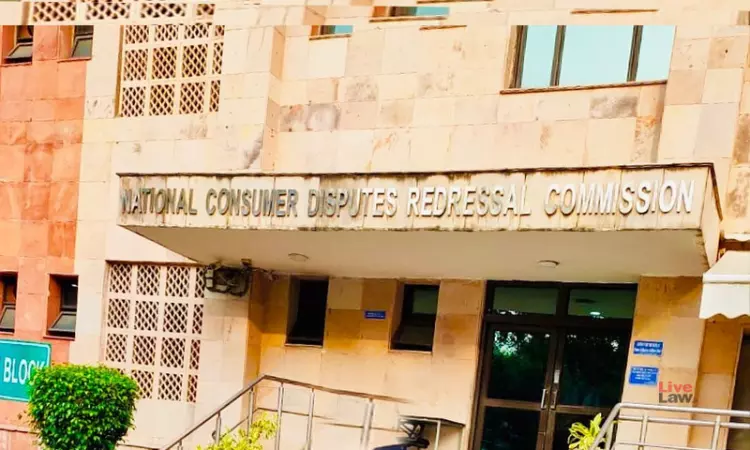The National Consumer Disputes Redressal Commission, comprising Subhash Chandra(President) and Bharatkumar Pandya (member), in a case relating to Oasis Landmarks, held that in the event of a contract breach, it is reasonable to forfeit only 10% of the fundamental sale price as “earnest money” and not more.Brief Facts of the CaseThe complainant reserved a flat in the mentioned project...

